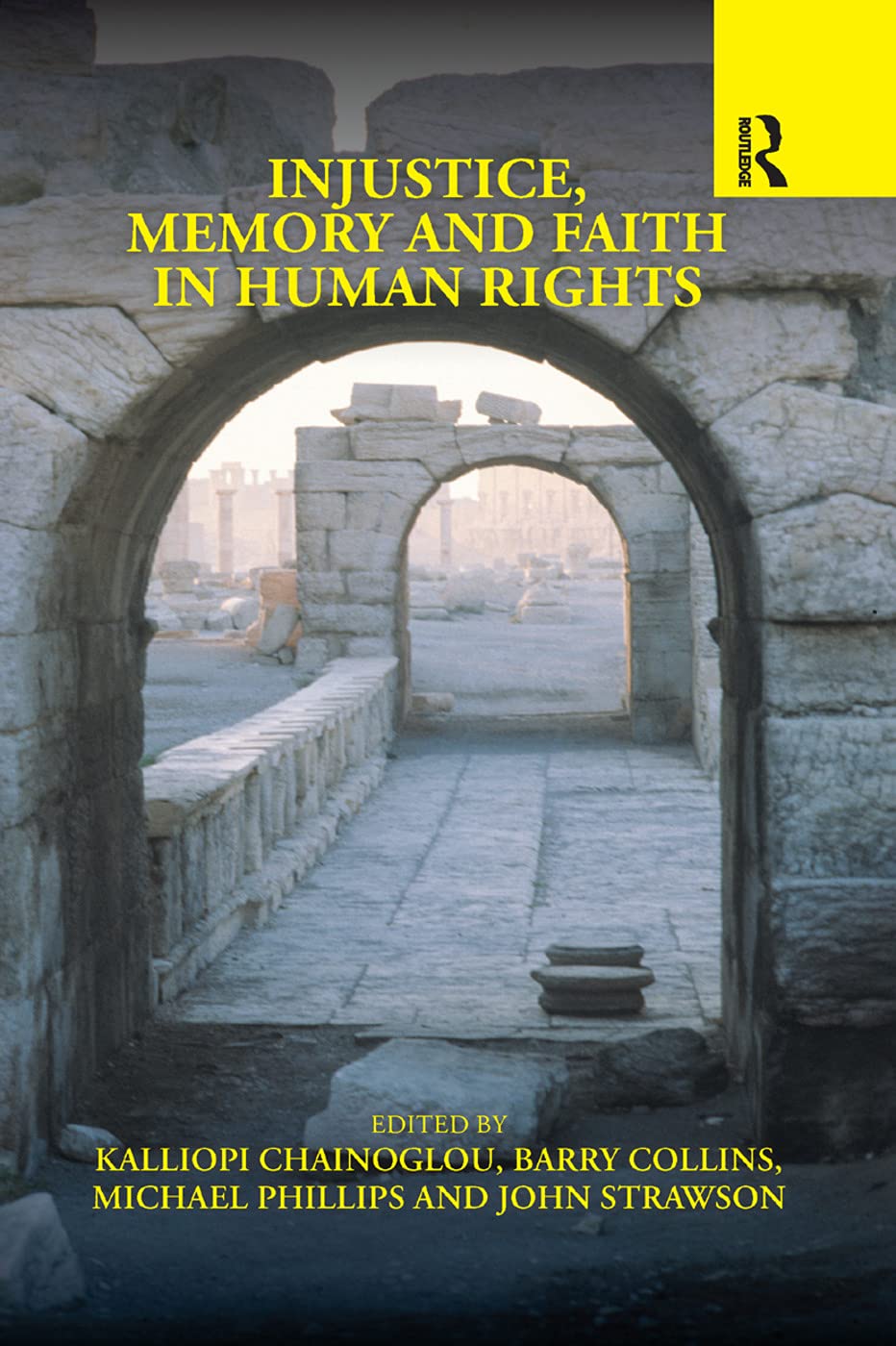Injustice, Memory and Faith in Human Rights
Injustice, Memory and Faith in Human Rights is backordered and will ship as soon as it is back in stock.
Couldn't load pickup availability
Genuine Products Guarantee
Genuine Products Guarantee
We guarantee 100% genuine products, and if proven otherwise, we will compensate you with 10 times the product's cost.
Delivery and Shipping
Delivery and Shipping
Products are generally ready for dispatch within 1 day and typically reach you in 3 to 5 days.
Book Details
-
Publisher: Routledge
-
Author: Kalliopi Chainoglou
-
Language: English
-
Edition: Illustrated Edition
-
ISBN: 9780367267049
-
Pages: 230
-
Cover: Paperback
-
Dimensions: 9.1 x 6.1 x 0.6 inches
About the Book
Human Rights and Past Injustices by Kalliopi Chainoglou is a compelling, multi-disciplinary collection that interrogates the role of human rights in addressing past injustices. This thought-provoking volume brings together scholars from diverse fields such as law, political science, anthropology, and political philosophy, all grappling with the weight of historical injustices that have arisen from conflicts in Europe, the Middle East, and Australasia.
The book examines the evolving role of human rights as legal doctrine, policy, and rhetoric, and how these have been developed by states, international organizations, regional groups, and non-governmental organizations. Central to the discussion is whether faith in human rights can genuinely serve as a balm to heal the wounds of past injustice, or if such faith merely nourishes victimhood and self-justification.
The text is divided into three main sections: moments of memory and injustice, addressing injustice, and questions of faith. In each section, the authors explore how the memory of past conflicts and injustices continues to shape our contemporary understanding of human rights. The volume raises critical questions about whether the expectation that human rights law can redress past wrongs has, in turn, hindered the development of a truly emancipatory politics of human rights for the present world.
This volume is a crucial read for anyone interested in the intersection of human rights, justice, and memory, offering a nuanced exploration of how past conflicts continue to influence modern political and legal landscapes.





